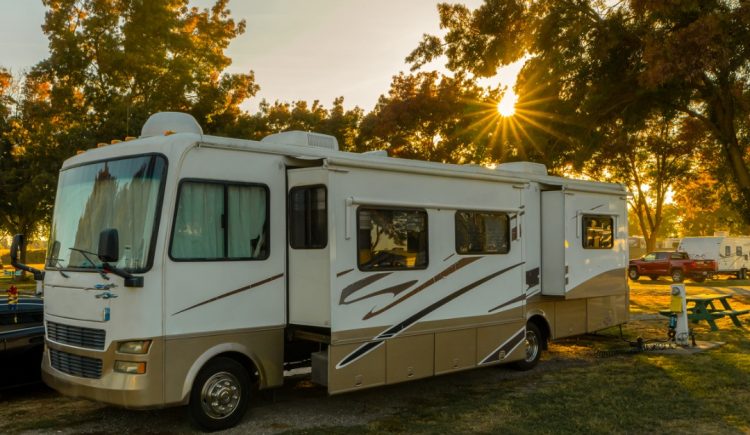If you’ve bought an RV, or if you’re thinking about buying one, it will have to be insured. If you think your car insurance policy will cover it, think again. Standard auto insurance will apply to a trailer that’s being towed, but you’ll need a separate policy for an RV.
What Your RV Insurance Policy Should Cover
State laws require vehicle owners to purchase specific types and amounts of insurance. Those are only minimum requirements. You might want to purchase additional coverage.
Liability is an essential component of an RV insurance policy. Consider selecting coverage limits above your state’s minimum requirements so you won’t lose your home and other assets if you cause an accident.
In some states, you might need uninsured/underinsured motorist coverage. It will protect you if someone else causes an accident and that person doesn’t have insurance or doesn’t have high enough limits to cover your losses.
Consider Optional Coverage
Insurance companies offer several other types of coverage for RVs. If you choose additional coverage, you’ll have to pay higher premiums.
It’s a good idea to include roadside assistance in your RV insurance policy. If your camper gets a flat tire or needs to be towed, you’ll be covered.
Collision coverage will pay to repair or replace your RV if you’re involved in a crash that doesn’t involve another vehicle. For instance, it will compensate you if you hit a tree or guardrail.
Comprehensive coverage will kick in if your RV gets damaged when it’s not beingdriven. For example, it will cover weather or fire damage, theft, and vandalism.
Comprehensive coverage can also pay for repairs if you hit an animal.
If your RV has an awning or a porch, you might need an endorsement to cover it.
Permanent attachments coverage will pay if it gets damaged.
When you go on a trip, you’ll take along clothing, electronics, and other possessions.
Personal belongings coverage will compensate you if any of those items get damaged or destroyed.
Medical payments coverage will pay for treatment if a member of your family gets injured in an accident involving your RV. That can help you avoid steep out-of-pocket costs.
If you’re planning to use your RV for family vacations, consider purchasing vacation liability insurance. If someone gets hurt in or near your RV while it’s parked, you’ll be covered.
Compare Quotes to Find the Right RV Coverage
Insurance companies look at several factors when setting rates. Your type of RV, its age, your location, the coverage and deductible you select, and your driving history will influence your premiums.
Before you purchase any type of insurance policy, it pays to shop around. When you compare rates from different insurance companies, make sure that each quote includes the same types and amounts of coverage.
Inquire about discounts. For instance, bundling an RV insurance policy with your auto and/or homeowners insurance policy might substantially reduce your premiums.











